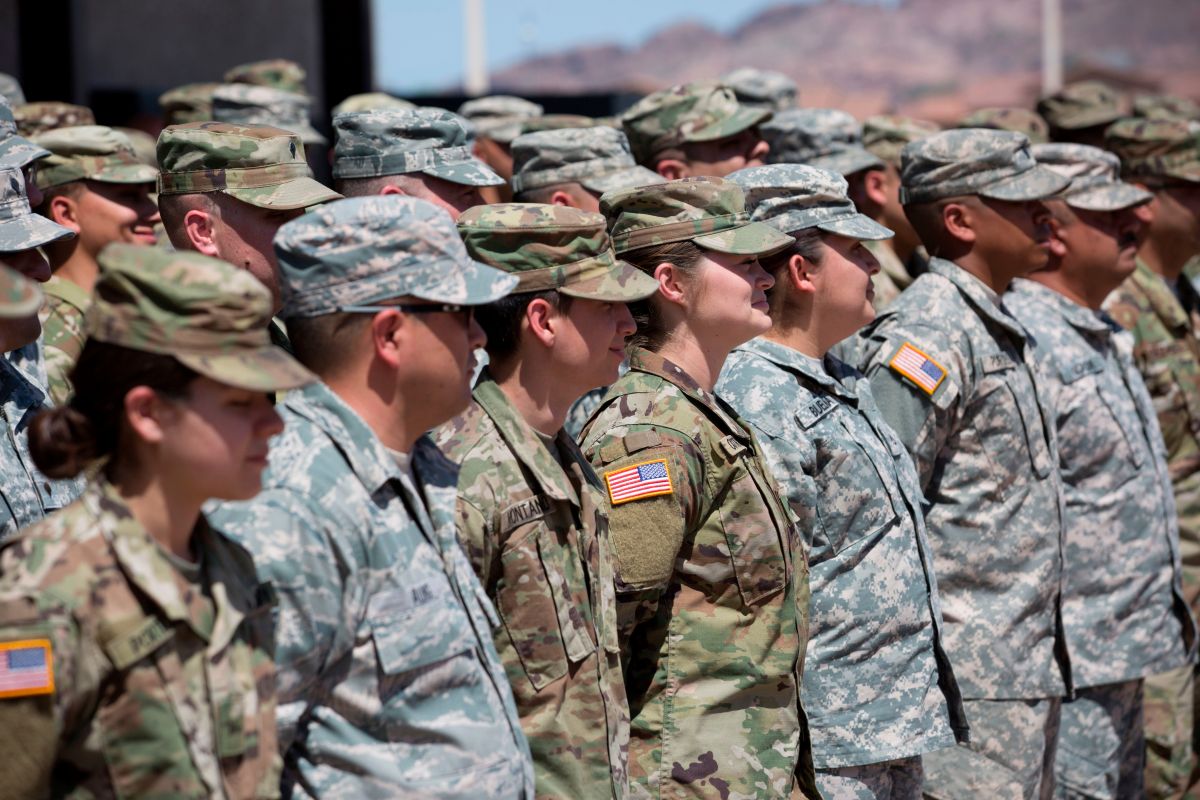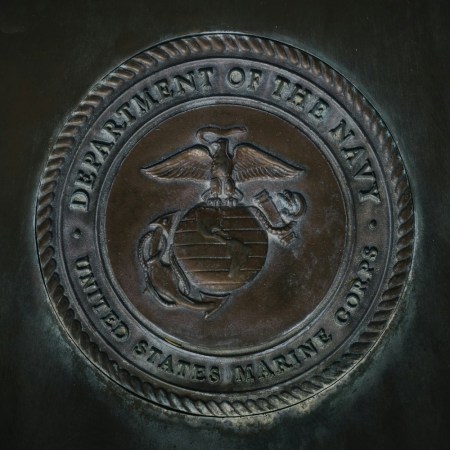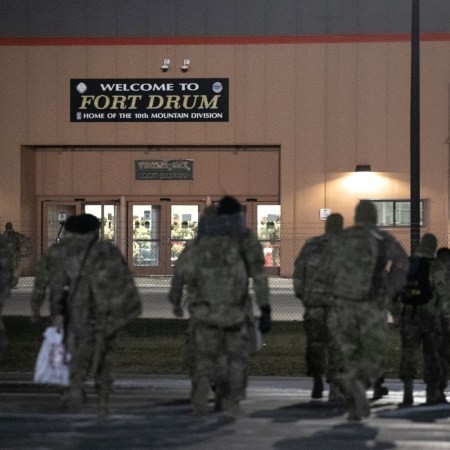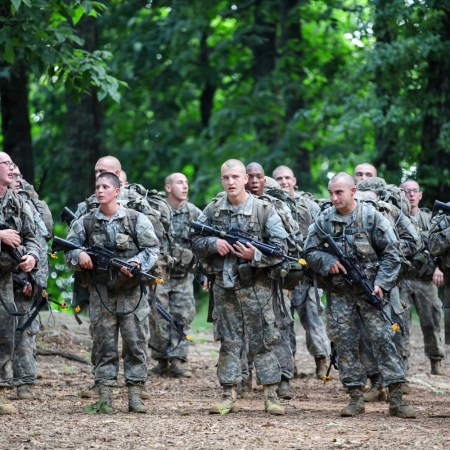In a season one episode of the Netflix animated series BoJack Horseman, the titular character attempts to defend himself against a media firestorm accusing him of anti-military sentiment with the argument: “I don’t hate the troops! I just hate one specific troop.” Here, BoJack is referring to a certain Navy SEAL with whom he has bad blood over a box of muffins, a single member of the armed forces, as a “troop.”
Beyond the obvious silliness of the muffin argument or the fact that the Navy SEAL in question is a literal seal, BoJack’s singular application of the term “troops” strikes a certain comedic note because, as linguist John McWhorter pointed out in a recent Atlantic op-ed, we don’t tend to use it that way. Interestingly, while we’ll rarely refer to a single soldier, sailor or marine as “a troop,” we still call individuals “troops” as long as there are many of them. In other words, as McWhorter illustrates, we’ll still call 16,000 soldiers 16,000 troops.
This, argues McWhorter, is a problem — but not just a grammatical one. While the linguist acknowledges there is a certain grammatical discrepancy at play, it’s hardly unprecedented. After all, lots of words lack singular forms. We do not, as he notes, refer to a single news story as “a new.” Rather, according to McWhorter, the issue is primarily ethical. The term, he argues, functions as a kind of euphemism that “makes living, breathing individuals working for all of us under often grievously dangerous conditions sound like some kind of substance.”
“Calling 20,000 soldiers 20,000 troops is a distancing strategy, a euphemism in a context that demands moral clarity and honesty,” he writes. Instead, he suggests dropping “troops” in favor of the words soldier, sailor, or Marine when referring to members of the armed forces. After all, he writes, “A soldier is a person; a troop is something from the game of Risk.”
Subscribe here for our free daily newsletter.
Thanks for reading InsideHook. Sign up for our daily newsletter and be in the know.



















